All this month the Fictorians have been talking about one of my favorite times of year: Nanowrimo! As I’ve discussed in the past, Nanowrimo was instrumental in my transitioning from desiring to write to actually producing work I was really happy about. What I’d like to cover in my post this month are the ‘other’ lessons Nanowrimo can teach you.
First, let’s cross off the two well-discussed one’s: ‘writing every day’ and ‘turning off the internal editor.’ Several of the Fictorians have covered these this month and there’s a ton of discussion out there about them, so I won’t belabor the point.
I’ll just add that I agree that you don’t *have* to write everyday to be a writer and that word count goals are at best a double-edge sword. For me, Nanowrimo was huge and I personally try to write every day. What works for you is for you to find, of course.
Beyond these two though, I’d like to introduce what I feel are the secret lessons of Nanowrimo. Four years after my first Nano ‘win’, these are the instructions I learned that first November that still stay with me and keep me productive:
GOALS HAVE VALUE
Moving away from a goal of writing x words in y time, any kind of goal is a fantastic motivator. Over time I’ve come to move away from word count goals and into scene goals. Each day I lay out the scenes I want to accomplish with that day’s work and then I don’t stop until I get them done. Chasing that carrot keeps me going, even through sleepy afternoons and days when the screen wants to stay blank. I need to get that goal, so keys get hit and words start to happen. Without a goal oriented approach, I’m doubtful I would get as much done.
WRITING IS AN ENDLESS EXERCISE
When I completed my first Nanowrimo, I had written 50,000 words. I wasn’t done though, there was much more novel to write. I added another 80,000 words and the story was finally complete. But I wasn’t finished, it was a first draft and a lousy one at that. I revised it several times, but I still wasn’t finished, because I needed to get some beta reads on it. After the beta reads came more revisions, and on and on. In truth, it’s never finished. At some point you decide the project it done, that additional work is not going to push the needle much farther.
Then you start the next one.
KNOW WHO YOU ARE AS A WRITER
Before Nanowrimo I didn’t know how important outlines were to me. I didn’t know if I could write 1,000 words a day, or 2,000 or 5,000. I didn’t know if I could write in public, or if I was a better writer in the morning or the evening. Writing every day really answers all those questions for you. After that first Nano, I knew that outlines would be critical to my success. I knew that on a good day I could write 4,000 words, but that I’m unlikely to be a coffee shop writer.
One of the things I love most about writing is that there is no one way to do it. Each of us can learn from other writers, we can read books about writing, we can attend classes and participate in national writing-based exercises. Yet in the end, we each have to find our own method that is uniquely ours. Nanowrimo is a fantastic opportunity to learn what process works for you and start yourself on the path to being a more productive writer.
See you next month!

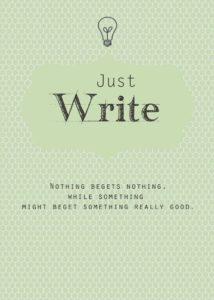
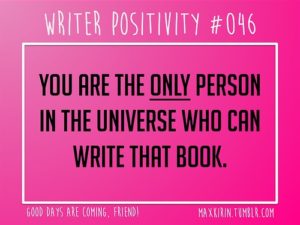
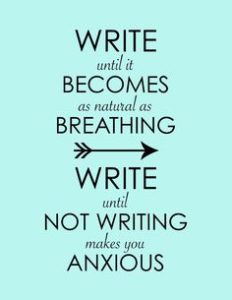
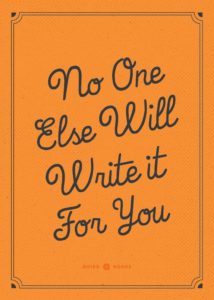
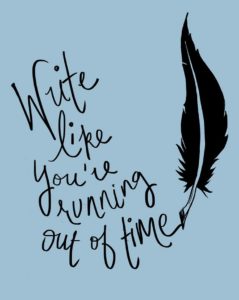
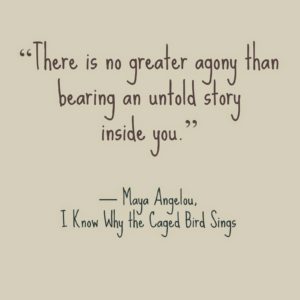

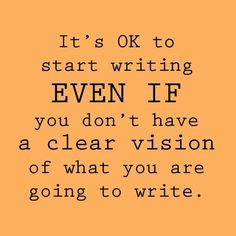
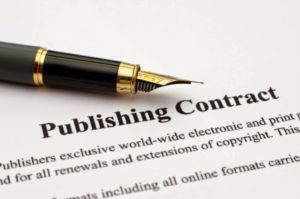


 I’ve only done NaNoWriMo twice, but I have some tips for success so that you won’t feel overwhelmed during November.
I’ve only done NaNoWriMo twice, but I have some tips for success so that you won’t feel overwhelmed during November.